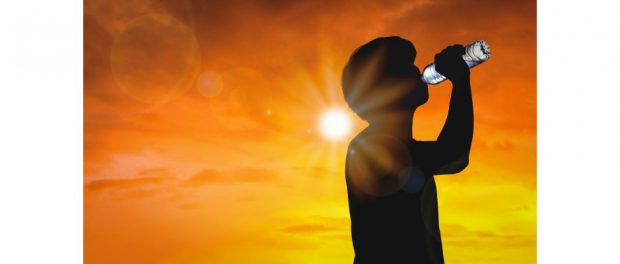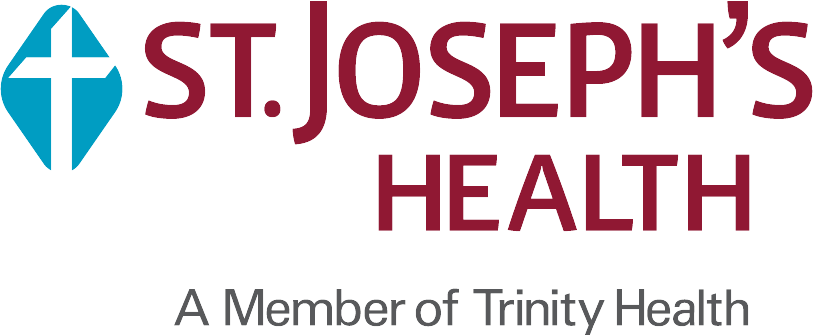Take Precautions During Extreme Heat
June 17, 2024

As temperatures rise, it’s important to be mindful of the serious health risks posed by extreme heat. At St. Joseph’s Health, we are dedicated to the well-being of our community. Below are essential precautions to help you stay safe during these sweltering days.
Stay Hydrated
Dehydration is a significant risk in extreme heat. Drink plenty of water throughout the day, even if you don’t feel thirsty. Avoid drinks that can dehydrate you, such as alcohol, caffeine and sugary beverages.
Wear Appropriate Clothing
Choose lightweight, light-colored and loose-fitting clothing. Light colors reflect heat, helping to keep you cool. Additionally, wear a wide-brimmed hat and sunglasses to protect yourself from the sun.
Limit Outdoor Activities
Stay indoors during the hottest parts of the day, typically between 10 a.m. and 4 p.m. If you must be outside, take frequent breaks in the shade or a cool place and avoid strenuous activities.
Use Sunscreen
Protect your skin from sunburn by applying a broad-spectrum sunscreen with an SPF of at least 30. Reapply every two hours, or more frequently if you are sweating or swimming.
Stay Cool Indoors
Keep your living space cool with fans or air conditioning. If you do not have air conditioning, consider spending time in air-conditioned public places such as malls, libraries or community centers during peak heat hours.
Monitor Vulnerable Populations
Check on elderly family members, neighbors and friends, as they are more susceptible to heat-related illnesses. Ensure pets have plenty of water and a cool place to rest.
Recognize the Signs of Heat-Related Illnesses
Heat exhaustion and heat stroke are serious conditions caused by excessive heat. Symptoms of heat exhaustion include heavy sweating, weakness, cold, pale and clammy skin, a fast, weak pulse, nausea or vomiting and fainting. Heat stroke is a life-threatening emergency, with symptoms such as a high body temperature (above 103°F), hot, red, dry, or moist skin, a rapid and strong pulse and possible unconsciousness.
Seek Immediate Medical Help
If you or someone you know is experiencing symptoms of heat stroke, call 911 immediately. Move the affected person to a cooler environment and use cool cloths or a bath to help lower their body temperature while waiting for emergency services.
In case of any medical emergencies, please dial 911 and visit the St. Joseph’s Health Hospital Emergency Department for quality care. Our dedicated health care professionals are here to provide the necessary treatment.
Resources for Further Information
For more information on staying safe during extreme heat, visit the following resources:
- Centers for Disease Control and Prevention (CDC): Extreme Heat
- National Weather Service (NWS): Heat Safety Tips and Resources
- Federal Emergency Management Agency (FEMA): Extreme Heat
- Environmental Protection Agency (EPA): Excessive Heat Events Guidebook
Stay safe and stay cool this summer.
